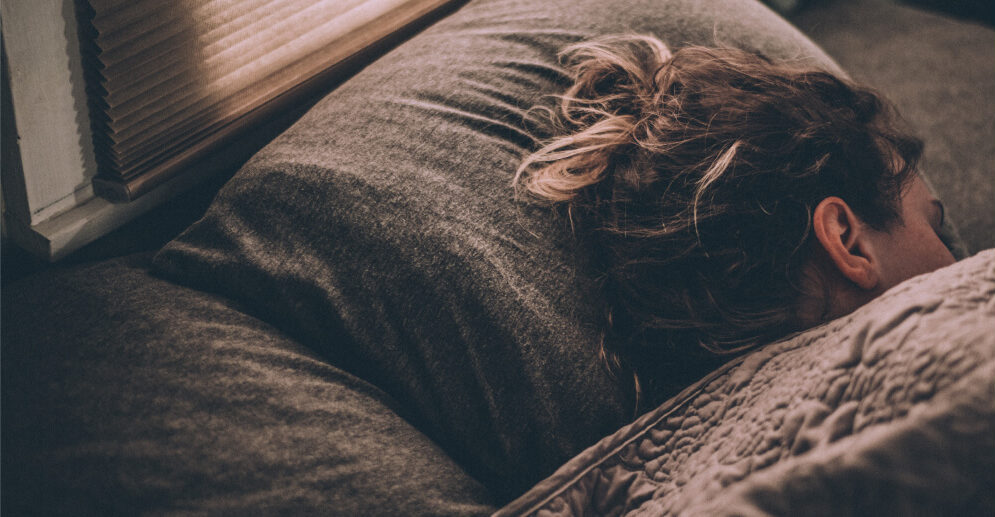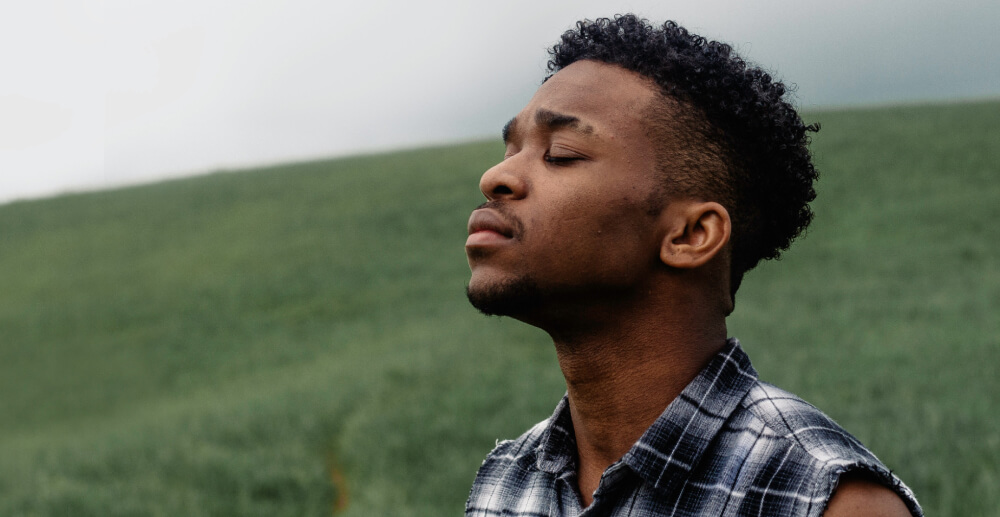In the most intense phase of my drinking, I did a lot of Googling. A few of my more inspired searches were: “how to throw up quietly,” “liver damage vodka?,” and “broken capillaries from alcohol.” I don’t know if the pattern to my searches leaps out at you, but looking back, I can’t help but notice that I was focused completely on gauging the physical consequences of my drinking. I wasn’t really interested in making healthier choices, just in learning about the damage I was doing.
When I got into recovery, I was surprised to learn that for many of my peers, the most common searches had been for ways to stop drinking or for information about what happens after you stop drinking. I’ve shared before about some ways to quit drinking, so today, let’s look at that second popular question. What happens after you stop drinking?
First: get through withdrawal
Alcohol withdrawal is what we call all the symptoms that occur when someone suddenly stops or sharply reduces their drinking (people also call this detoxing). Withdrawal from alcohol is pretty unpleasant, but it doesn’t last forever. For most people, the worst parts last less than a week. The severity of withdrawal symptoms will vary from person to person, but tends to be more intense for those who drank heavily or for a long time, especially if they stopped drinking very abruptly.
Detox and withdrawal symptoms can begin less than 8 hours after the last drink (sometimes less than 6 hours). They often include:
- Anxiety
- Headache
- Fatigue
- Irritability
- Shakiness or tremors
- Nausea
- Sweating
- Insomnia
- Rapid heart rate
Delirium tremens (DTs) is the scariest threat of alcohol withdrawal, as a small percentage of people who experience it don’t survive. DTs tend to arise between 1 and 3 days after stopping drinking, so if you detox alone, it’s smart to enlist a few trusted folks to check in on you during the early days of your detox. Make sure the people looking in on you know you need emergency medical care if you experience confusion or disorientation, seizures, or loss of consciousness (passing out).
For most people, the worst parts of withdrawal last less than a week, and the body and mind begin to heal.
Emotional and mental changes after you stop drinking
Initial (non-permanent) anxiety and irritability
I mentioned that anxiety and irritability are common withdrawal symptoms. This happens because alcohol is a central nervous system depressant that affects the brain in complex ways. Once the alcohol is removed, it takes time to recover and for new neural pathways to develop. When I quit drinking, I was overwhelmed with anxiety at first. Some of that was the pre-existing fear that I’d been self-medicating with liquor, but some of it was the lingering effect of alcohol on my brain. If you work with a healthcare provider as you get into recovery, they may be able to prescribe medication to help with anxiety, irritability, and mood swings. And if you work with a counselor, coach, or therapist, they may suggest coping strategies. Personally, as I moved beyond my withdrawal symptoms, the intensity of my anxiety faded. I now feel only normal levels of worry.
Clearer thinking
Another common change as the alcohol in your system dissipates is a growing clarity of mind. Alcohol can impede memory functions, lower inhibitions and impulse control, slow down reaction time, and make it harder to concentrate. Within the first few weeks after you stop drinking, these functions can start to recover. It’s a weird feeling to look back at times I thought I’d been in control of myself and see how impaired my thinking was. But it’s a great feeling to have a clear mind now.
Better mood
Alcohol can contribute to feelings of depression, can damage relationships and self-confidence, and can depress brain function. Taken all together, the outcome can be feeling pretty bad (emotionally) while we’re having the “fun” of chronic drinking. In recovery, you might find yourself feeling more emotionally stable and better able to experience joy and pleasure.
The chance to learn coping strategies
For a long time, I turned to booze in response to pretty much any distress or discomfort. This compulsive response meant that I simply wasn’t able to develop or use any other ways to handle obstacles in my path. When I stopped drinking, I had new opportunities to learn better, healthier ways to cope. I can’t emphasize what a difference it made for me that getting into recovery let me build recovery tools and coping strategies. This has made me more resilient and (in general) happier.
Physical changes after you stop drinking
Better sleep
Alcohol can make you feel sleepy while simultaneously disrupting your sleep cycles. As you recover from alcohol use, your REM cycles can also recover. This allows your sleep to be more effective and restful.
Digestive health
Over-imbibing can irritate the digestive system and cause indigestion and acid reflux. I remember having acid reflux so constant that it felt like I’d permanently burned my throat. After stopping drinking, my digestive system began to feel better in the first few weeks. Now my alcohol-caused acid reflux is gone.
Better blood pressure
Alcohol consumption is linked to high blood pressure and heart disease. Cutting your drinking can begin to support healthier blood pressure within weeks.
Healthier liver
Remember my old Google searches about damaging my liver? The liver is uniquely capable of healing. In the first month of quitting drinking, your liver function can begin improving. Note that it is possible to permanently damage the liver with heavy, long-term drinking, so stopping sooner increases your chances of healing.
Quitting drinking is hard, but it is so worth it—for your health, for your emotional well-being, and for your life. If you need help along the way, don’t hesitate to reach out for support.









